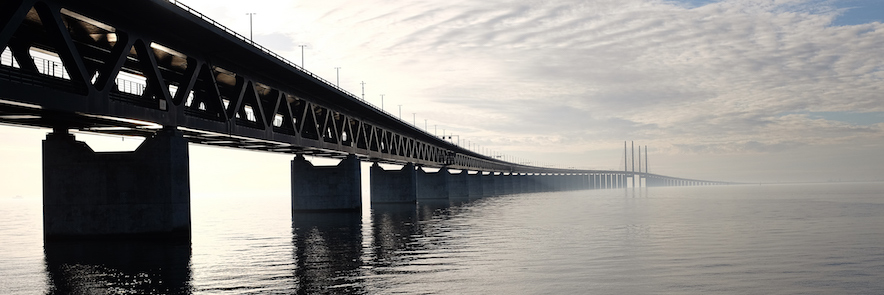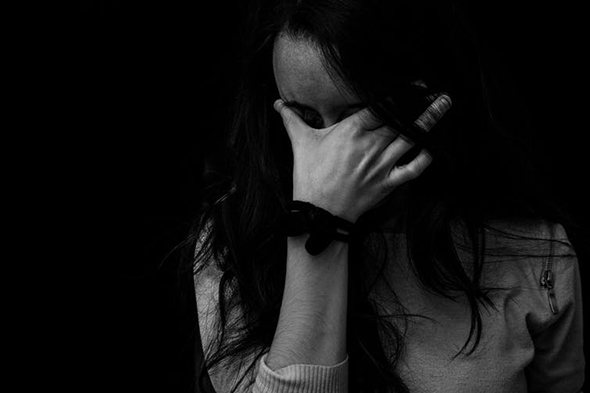by Sheila Velázquez
About a week after 9/11, I flew from Montana to Boston, a trip that required, as all trips from Bozeman do, a stop at Salt Lake City. The flight from Bozeman was not filled, but the absence of passengers became more apparent in Salt Lake. I had a long time until my next flight and sat in the nearly empty waiting area, reading a book and people-watching. A group of young men sat in the row of seats facing me. There were perhaps seven or eight, well-dressed, maybe students or young businessmen. But the single thing that was painfully noticeable about them was that they were Middle Eastern. I say painfully because of how this would change their lives from that day forward.
Two security officers were engaged in an animated conversation by the trash receptacle, and so I crumpled my burger wrapper and walked over to see what the commotion might be. One said, “But we have to let them on. There are no restrictions.” And there weren’t. No one was being searched, checked or otherwise treated any differently because of the language they spoke or their likely religion. No shoes in baskets or x-ray machines. No confiscated knitting needles. That would come. I walked back and glanced at the young men. They were very quiet, barely whispering in Arabic.
A man was arguing with the woman at the ticket counter. His mother was refusing to board the flight if “those people” would be on it. She was demanding that they not be allowed to fly so that she would be safe. But she was the one who did not board the plane.
Another man approached the group and began sputtering that he wasn’t blaming their people for the attack on the Twin Towers. Did he even understand who their people were? He was sweating and looking very uncomfortable as he groveled before them in an attempt to buddy up to them. It was obvious that he wasn’t so sure that this group wasn’t planning to terrorize their fellow passengers, and he wanted to be on their side if they did. He was pathetic. The young men did not answer him.
As the time of departure drew closer, more people showed up, and after observing their fellow passengers, only a few chose to stay. We boarded on time, maybe twenty of us in addition to the young men scattered about in the seats of the big plane. Anyone who wanted to could put up the armrests and stretch out and take a nap, which I did.
I am not saying that the idea that they might be part of some larger attack did not cross my mind. It did. I had watched the second towers fall in real time just days ago. I was trying to understand how there could be such hate that could lead to such tragedy.
Just a few years earlier I had stood at the top of one of the towers with a group of Muslim men who were visiting the university where I worked. They were Middle Easterners visiting the West to learn about the best we have to offer. Unfortunately, their Muslim brothers and sisters are now too often exposed to the worst. While in the program I became friends with a staffer who invited me to a party she and her husband were planning. When I arrived I realized what it was like to be the outsider. Everyone else was both Black and Muslim.
Fear and prejudice are the real enemies. If we allow them to take over, they will block out the will and the energy needed to build the bridges necessary for us to work together toward the nonpartisan goals we all share. A bridge must be strong and properly designed. It must be fashioned of the strongest materials and continually maintained and shored up when a weakness is detected. It must never be allowed to weaken and fail. And if done properly, it can last forever.








You must be logged in to post a comment.